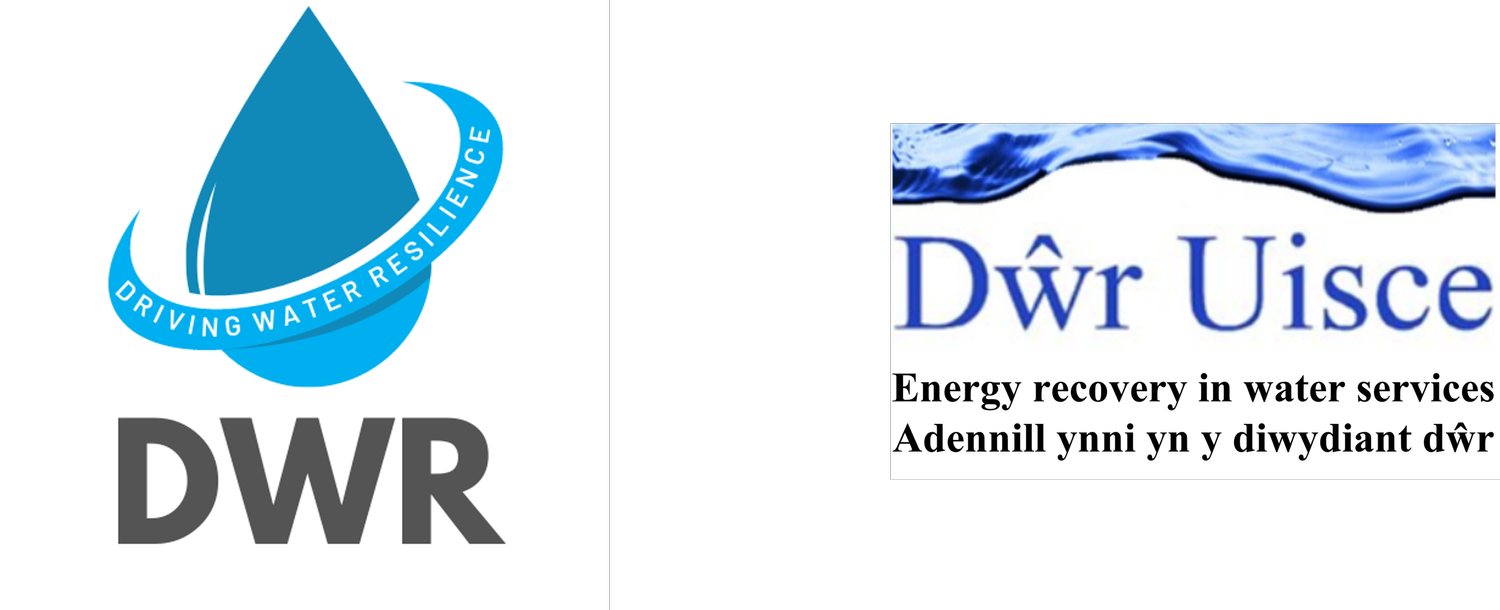In March, our Dwr Uisce project team grew in size once again. Jan Spriet is working in the Trinity College Dublin team and he will be focusing on energy recovery from waste water heat streams as part of his PhD in the coming years. Over to Jan:
Hi Jan, firstly welcome to the team. Tell us a little about yourself.
Hi, I’m a 26 year old Brusselian (I believe this is my contribution to the English language, meaning from Brussels, Belgium) and my background is Energy engineering. After a Bachelor’s degree at the VUB (the Dutch speaking university in Brussels), I obtained a joint Master’s degree from VUB and ULB (the French speaking university in Brussels). The first year of this Master’s degree I studied in Trondheim, Norway, at NTNU, as an exchange student. During my studies I worked for 6 months as an intern at Windeo, an SME installing domestic wind turbines. After my studies I worked for the ULB as a researcher, on a diverse envelope of projects, one of them being heat recovery form the municipal sewer system.
One a more personal not I play basketball, I like rock climbing and hiking, and enjoy the occasional snowboarding trip as well. In short I enjoy basketball, and the mountains.
So what attracted you to apply to join our Dwr Uisce project team?
As I mentioned earlier, I worked on an energy/heat recovery project, targeting wastewater, and the Dwr Uisce project provided a nice opportunity to continue that experience. Reducing energy consumption and decarbonising our energy production will be key aspects in reducing the human impact on the planet, in my opinion, and facing this challenge is probably the main reason I decided to do engineering. The fact that I’d be discovering a new city, Dublin attracted me as well.
And what are you impressions so far of what we are trying to do?
So far I like the integrated approach, targeting multiple aspects and phases of the water cycle. I ‘m looking forward to see the approach for energy reduction and/or extraction measures in other parts of this water cycle, and how our different ideas could be combined. What I’ve also appreciated so far is the fact that ideas and proposals for sites, studies,… have been coming from different angles, being it people from the Dwr Uisce team or outsiders, such as site owners,…
What do you think are the biggest challenges ahead for the project?
The water sector is typically a slow changing sector, with many underground installations which have been in the ground for tens (sometimes even more than a hundred) of years. I believe it will be a big challenge to reach a significant level of penetration of proposed ideas and technologies in the existing water network. It will definitely take time, as accessing water networks is typically very impactful on the surroundings (opening streets and such). The return of the experience of the demonstrators proposed in this project will be key, in my opinion, to convince different stakeholders to include retrofitting of the propositions into their maintenance and repair works.
Where do you see yourself and the project in 3 or 4 years, just after you have completed your PhD?
I haven’t really thought that far ahead. Professionally I hope to be working on projects reducing and quantifying the environmental impact of our activities, and our energy and water production and consumption more specifically. And I hope I’ll still be enthusiastic and optimistic about these issues at that time. Personally, I’ve always dreamed about doing a long trip in South America, travelling, volunteering,… So I hope that will be included in my experiences or plans at that time.


